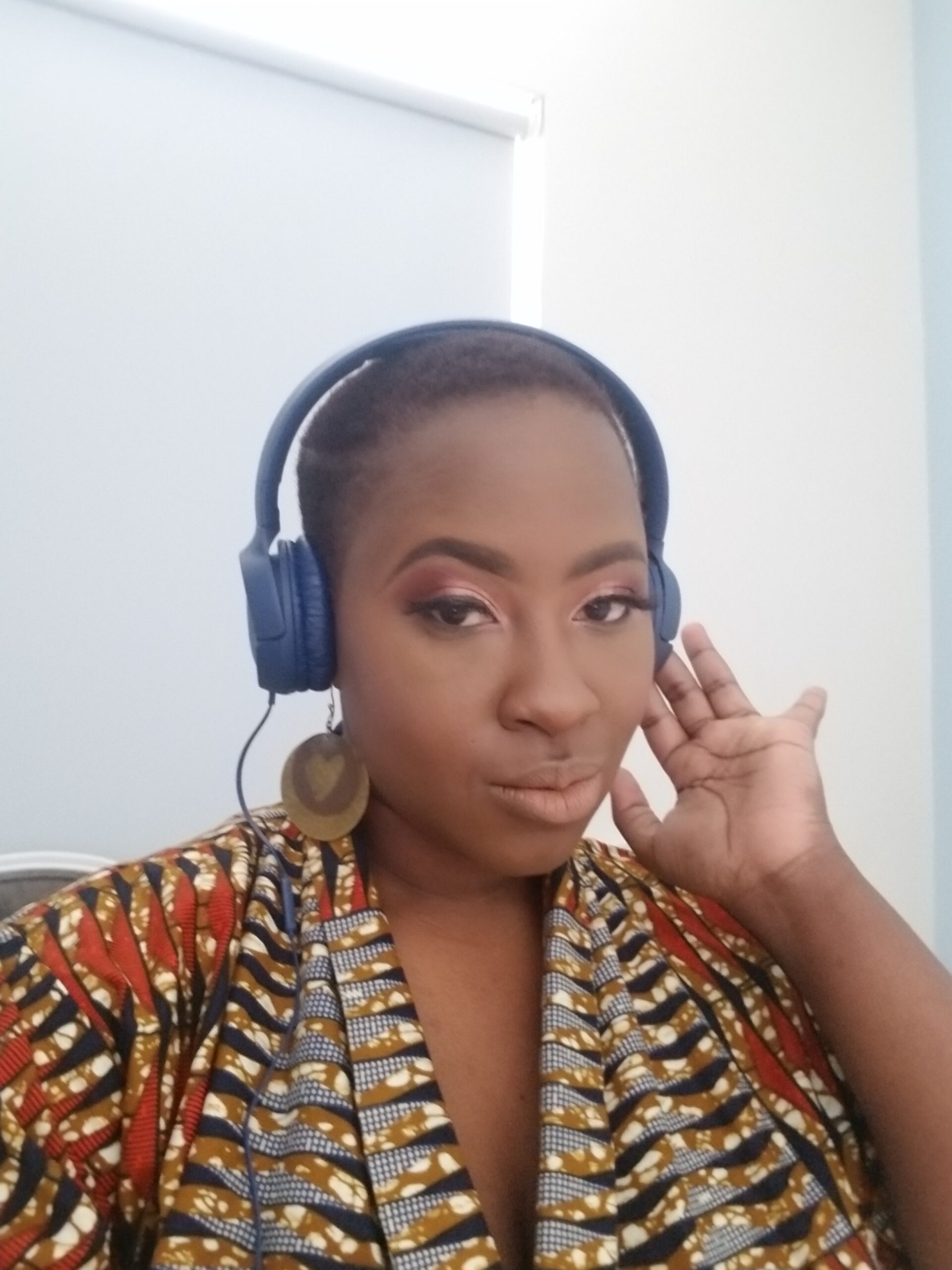There are many reactions to what is happening right now. There are feelings of annoyance, anger, feelings of injustice and indifference. The selection is an emotional buffet. But one thing no one can deny is that this is the stuff of legends. Many will remember, or make up, where they were during the epic #FeesMustFall movement. People will talk about #NationalShutDown in future with the same enthusiasm and analysis reserved for the Women’s March, Arab Spring and other turning points in history.
It’s a time when the police threw stun grenades, students ran from tear gas, and were arrested in droves.
History is being created by students and at the centre of this are women.
This is no surprise. No good revolution happens without women. We are passionate, compassionate, intelligent and always give a mean quote. In many an instance women have been integral to the highs and sustainability of a movement.
What is also no surprise is that when the dust settles it is the women who are the first to be forgotten. This often is a direct result of the internal workings of a movement. A friend in the UK commented that it seemed as if women and LGBTI people were leading and integral to the #NationalShutDown movement.

This in many ways is true, women are some of the loudest and most powerful voices seen to be leading those taking to the streets as well as being vocal in negotiations.
But what the cameras, interviews and sound bites do not show are the moments when women try and speak within the private political spaces and are hit back with phrases such as “this feminism is counter-revolutionary, comrade”. When women try and lead struggle songs and are told they cannot and must let the men lead them. The story is not told of how women are sexually harassed by their own “comrades” some of who see them as something to hit on in between marches.
It’s the old dichotomy women in black empowerment movements have had to endure — being sidelined and relegated to the back, all based on the idea that first we sort out the racism then we come back for you.
People are quick to quote June 16 as a powerful time of change, and the integral power of young people in society but South Africa has a schooling system that was in 2014 ranked last out of 148 in terms of the quality of maths and science education in a report published by the World Economic Forum. It goes without saying that youth employment is a problem.
And now there is a #NationalShutDown. June 16 or not, young people were clearly left behind when the revolutionary dust settled.
This time around women are woke to this (as the cool kids say) and refuse to be silenced, refuse history to repeat itself. At Wits women who were told they could not lead the songs, went and sang their own. And online, women were challenging the “behind-the-scenes” narrative with hashtags such as #MbokodoLead.
I heard from one powerful trans-woman about how she was told understanding how different identities interact within a movement was “expensive”, what was important was empowering the black movement, ending racism. I personally overheard a man looking at a campaign against sexual abuse say the sign should not read “end rape culture” but “end structural racism” as if the idea of racism was far worse than a woman being raped. As if we are unable to have more than one conversation at a time about structural injustices.
This speaks to the structure of a struggle, the leaders were men, we as Africans respect our elders, they led, we “won”, they forgot.
We are living in a South Africa that tried to build itself without young people, without women and too a large extent without the so-called “previously disadvantaged people”, because of the nature of hierarchy within the struggle system, and now we are here. This grading of the suitability of leaders based on age and gender within movements is what has landed us in this position where #FeesMustFall is a national issue, #Marikana is a part of reality, and we still desperately need #16DaysOfAcitvism all year round. We forgot about young people, the worker and women once certain men reached the top.
Intersectionality is not an expensive word, it is integral to building up a people because no-one is simply one thing.
The idea that addressing gender equality hinders the student movement can be construed as: We don’t really want empowerment for everyone, we want empowerment for black men.
If this is the case then please tell us, we can go make a plan elsewhere. Life is too short to play maid to someone’s movement.
If you are to call on women’s bodies to protest and their minds to speak to the media then you must respect your sisters, not as subordinates, but as peers. Furthermore, as a black woman whose university was paid for by the mother who raised me, the money you are fighting for is hers. In light of this women’s voices need to be at the forefront. Women in South Africa and Africa are, on their own, raising many of those who now protest.
If the idea of women leading is “agonising men” (as one person put it) or “damaging the revolution” then this revolution clearly is not for everyone and we should be honest about it and women can go their own way.




